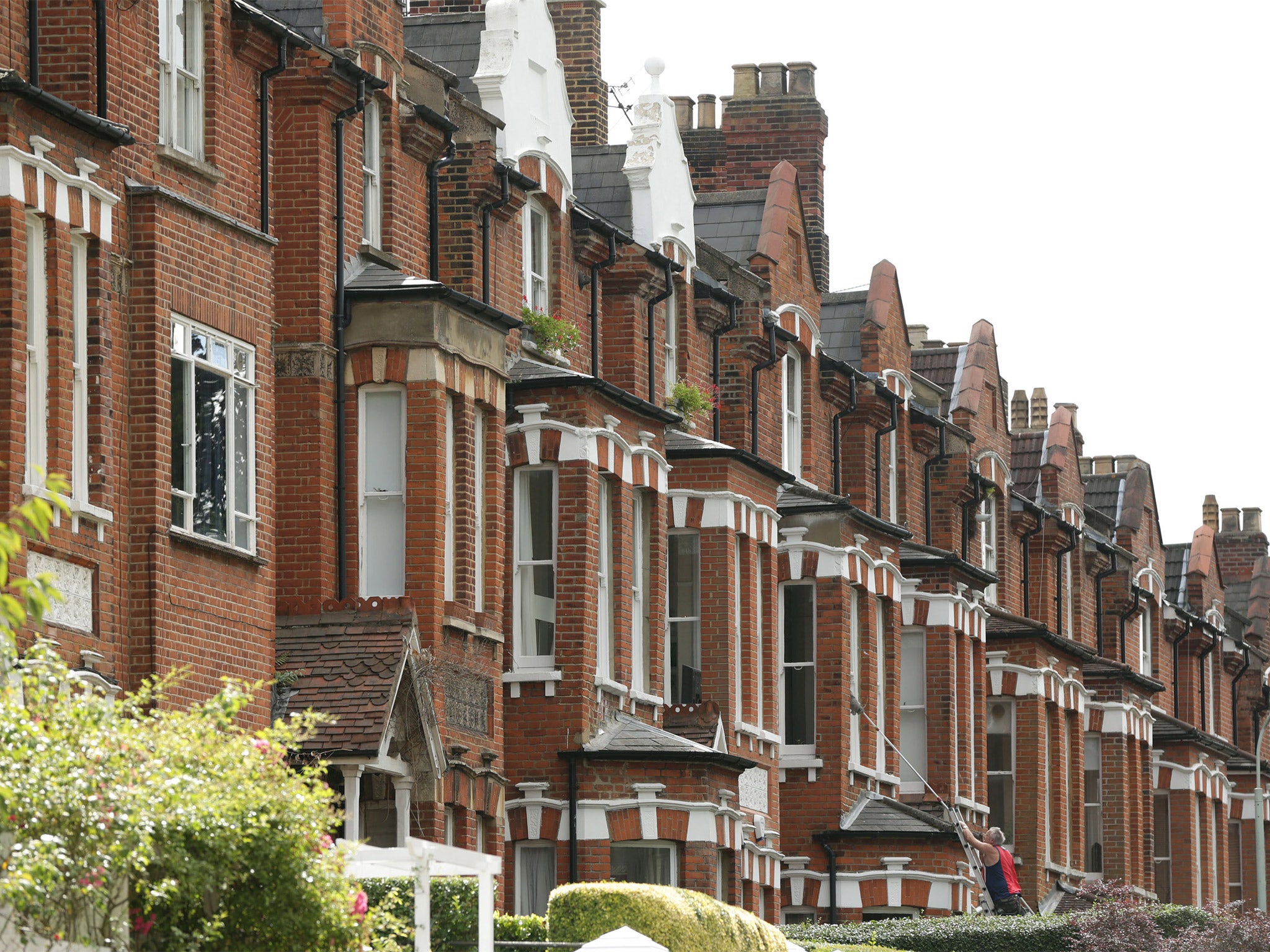Until the UK introduces rent controls, so many of us will continue to face lifetimes of exploitation
By capping rental costs and lowering house prices for landlords, we can make the UK housing market fair once again

It doesn't matter who comes into power at the next election — Britain is the most landlord-friendly nation in Europe.
This is a huge problem. What used to be a way for people to make some money from their property has begun to crush an entire generation of young people in the UK. But there is a solution: rent controls.
There are many ways to implement rent controls. But one way would be to cap the cost of rent for tenants, preventing landlords from making unethical profits on housing. Additionally, by lowering the price landlords have to pay for a property, the heat will be taken out of the housing market, which will allow first time buyers to escape the exploitation of renting.
If you're unsure about whether this is the right thing to do, then just ask the British public: not only are rent controls necessary and effective, but they're popular too. A recent poll showed that 59 per cent of people support rent controls and 6.8 per cent of people oppose them. Surprisingly, this overwhelming support for rent control extends to people of all age groups, to homeowners as well as renters and to the supporters of all political parties - including the Conservatives and Ukip.
Yet mysteriously, none of the main parties support such a measure. If MPs are wondering why people are turned off by mainstream politics it’s because of their quiet consensus to oppose anything that would make a real, positive difference to people’s lives.
Extortionate rental costs might be the norm now, but they haven't always been. The Private Rented Sector (PRS) used to be a tiny portion of the housing market. Long-term renting was unusual outside of social housing, and the private sector was generally where you stayed while studying or saving up to buy a home.
But since the emergence of buy-to-let mortgages 18 years ago, the PRS has ballooned in size to over 10m people, making the laws around renting no longer fit for purpose.
While landlords rake in huge returns on low-risk investments, tenants are being squeezed for everything they can pay. Renters have no choice; they can’t get into social housing because so little has been built in the last 30 years. But then there's rapidly increasing rents and house prices to overcome. Unless you're privileged enough to have rich and generous parents, this means that saving for a deposit to buy a home is close to impossible.
It's the simple and depressing fact of renting today: if you need to live near where you work, you're expected to pay whatever it takes to live comfortably, or pay less and live in awful conditions. The reason for this is simple economics. Landlords can make so much money - not just in rents but also in capital gain - that it’s worthwhile for them to outbid anyone who wants to buy a home. Consequently, it’s no coincidence that 80 per cent of the increase in the national housing stock since 2000 is in the hands of landlords.
The unwillingness of the state and the private sector to build new homes means that housing in the UK is a limited resource wherever there are jobs. Not only is this unethical, but it is also fuelling a generational divide. Most people born since the mid-1970s are being fleeced, while many older homeowners are benefiting from the lucrative bubble this creates around their properties.
As a renter facing a lifetime of insecurity and exploitation, it no longer matters to me which flavour of government we have while I’m being exploited. And most people born since the mid-1970s will be in the same position until one party – any party – decides to champion rent controls.
Alex Hilton is the director of Generation Rent
Join our commenting forum
Join thought-provoking conversations, follow other Independent readers and see their replies
Comments
Bookmark popover
Removed from bookmarks